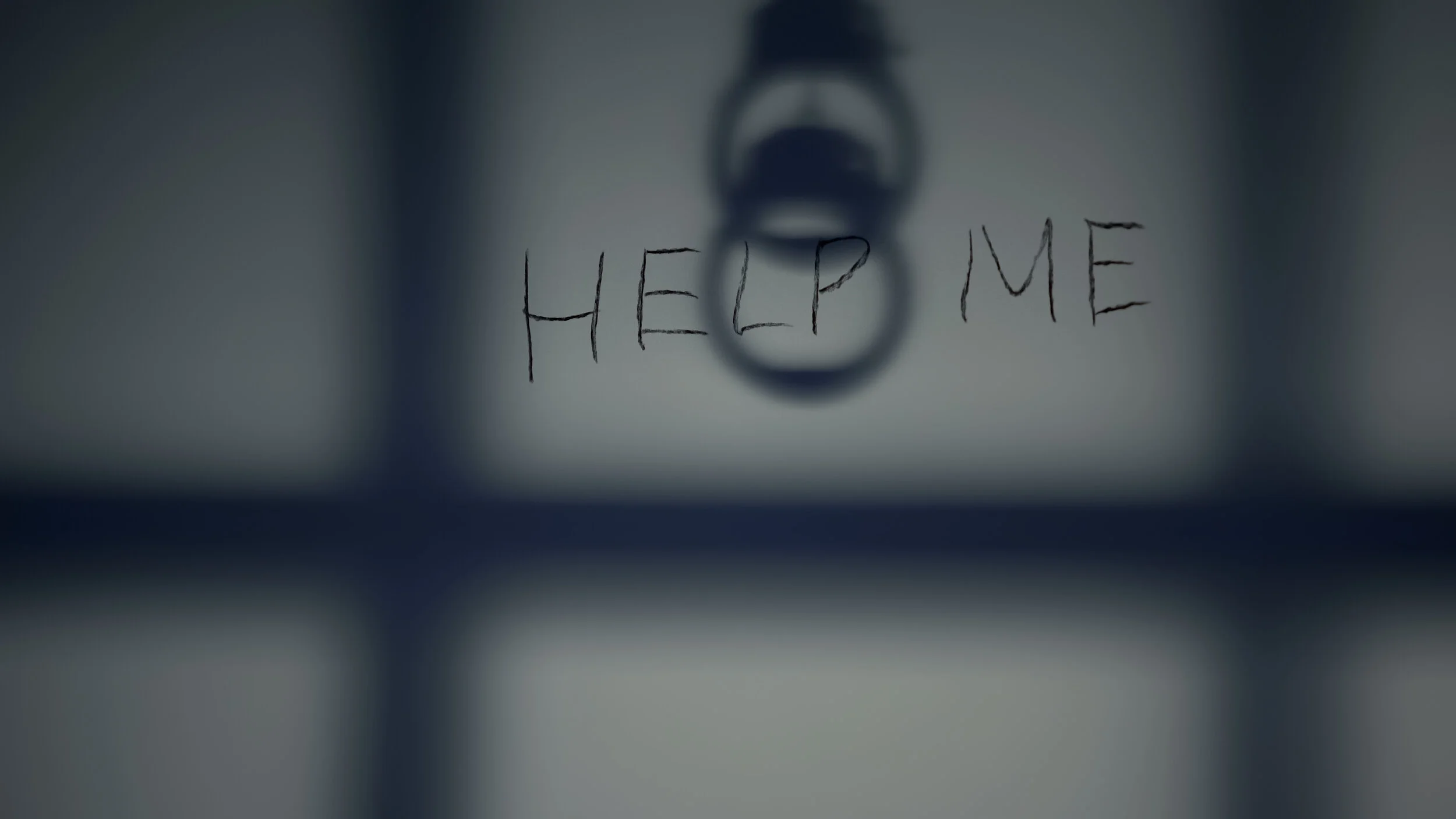Today’s article relies heavily on The New York Times article “NYC Votes to Close Rikers. Now Comes the Hard Part” (Oct. 17, 2019) by Matthew Haag
According to Alisa Roth, a journalist and author of Insane: America’s Criminal Treatment of Mental Illness, Rikers Island in NYC is one of the three largest providers of mental health care in the country – and it is a jail. New York City voted to close Rikers by 2026.
NYC Mayor Bill de Blasio said, “This is about valuing our people, no longer condemning people and sending them on a pathway that only made their lives worse and worse… Today we made history: The era of mass incarceration is over.”
There is much criticism about the plan as being unrealistic, and there are many NIMBY arguments. There are questions about how the City is going to reduce prison population by about half to not overfill the four new prisons that will take the place of Rikers. The fear is that it will require putting dangerous offenders back on the street, jeopardizing public safety.
In recent years, New York State repealed the Rockefeller Laws – 1970s anti-drug legislation making mandatory minimum prison sentences for non-violent, low-level drug offenders. As part of the jail plan, the City also announced $265 million in new spending on efforts intended to keep people out of jail and to support those who have been released. From the Times article, “many of those incarcerated at Rikers are awaiting trial and cannot afford bail... Many are grappling with mental health issues or drug addiction. Critics say Rikers does a poor job of helping them to overcome these challenges.”
“When the new jails open, officials said, they will be safer, smaller and more humane and will make New York’s corrections system a model for the rest of the country. Detainees will be provided job training, mental health counseling and education services.”
Ydanis Rodriguez, a councilman who represents parts of northern Manhattan and voted “yes” on the closing, said, “This plan is only the beginning, not the end.”
The Prisoner Re-entry Institute of John Jay College of Criminal Justice works in NY State. I first contacted them in December 2013 and communicated with them since that time. I sent them my published book In the Matter of Edwin Potter: Mental Illness and Criminal Justice Reform in December 2016. I also sent my book to Chirlane McCray, First Lady of NYC, in March 2017 and received her response that June. I like to think sometimes that I play a part in things like this.
